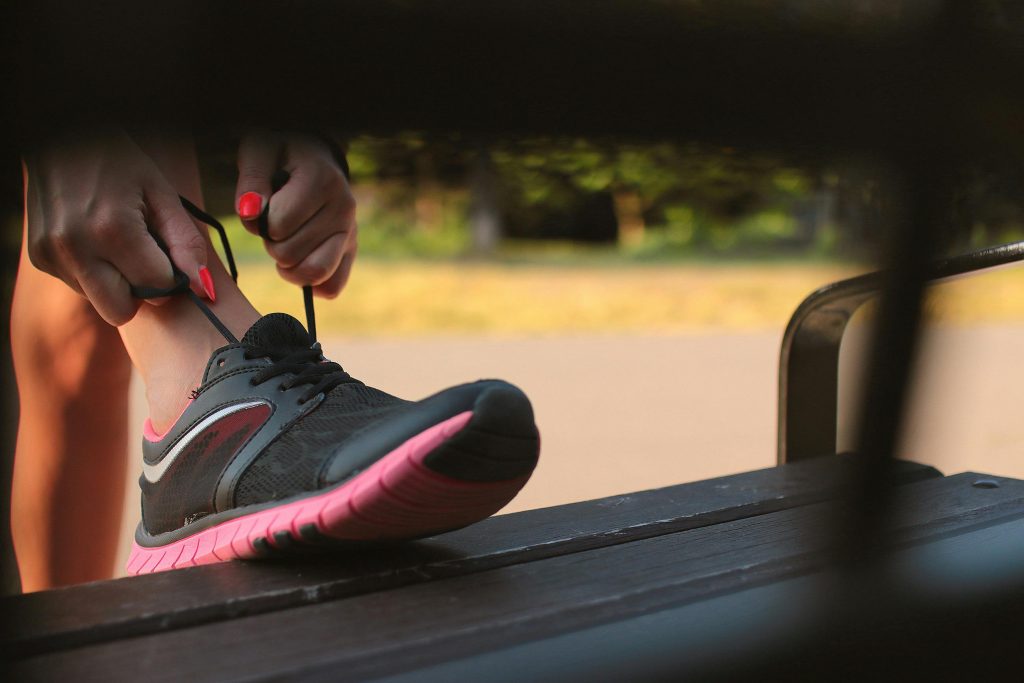Medical Expert Urges CDC to Acknowledge Gender Detransitioners

Earlier this month, a medical expert urged the Centers for Disease Control to update its medical codes to acknowledge gender detransitioners.
The CDC’s current medical diagnostic code system only includes a code for “personal history of sex reassignment.” That makes it possible to collect data on the number of people who have undergone sex-change procedures, but it is difficult to know how many of those people later detransitioned.
In recent years, men and women have come forward with chilling testimony about how they were rushed through gender transition as children. Since then, many of them have detransitioned and no longer suffer from gender dysphoria.
On September 10, Do No Harm’s Medical Director Dr. Kurt Miceli gave a presentation at the CDC’s semiannual conference urging the CDC to establish diagnosis codes for detransitioners as well.
These diagnostic codes would help medical experts track how many people detransition after undergoing sex-change procedures, and they could shed light on the long-term consequences of sex-reassignment surgery.
Do No Harm made headlines last year with its “Stop The Harm” report analyzing gender transition data from across the country. The report used data from commercial insurance, Medicaid, Medicare, and VA claims to determine how many children in America have been subjected to sex-change procedures.
Do No Harm’s data for Arkansas reveals that from 2019 to 2023, 41 children were treated as “sex-change patients” in the state.
Of those children, the report found three underwent sex-change surgeries at UAMS. Another 38 received puberty blockers and cross-sex hormones from various facilities across the state.
The report also reveals that from 2019 to 2023, doctors and hospitals in Arkansas wrote 234 prescriptions for children to be given puberty blockers and cross-sex hormones.
Right now, Family Council is not aware of any public health data showing how many of these children have detransitioned.
In 2021, Arkansas passed the Save Adolescents From Experimentation (SAFE) Act prohibiting doctors from performing sex-change surgeries on children or giving them puberty blockers and cross-sex hormones. The SAFE Act was the first law of its kind in America. This good law spent four years tied up in federal court, but the Eighth Circuit finally upheld it as constitutional in August. Today the SAFE Act is in full effect and protecting children in Arkansas. That’s something to celebrate.
Articles appearing on this website are written with the aid of Family Council’s researchers and writers.




